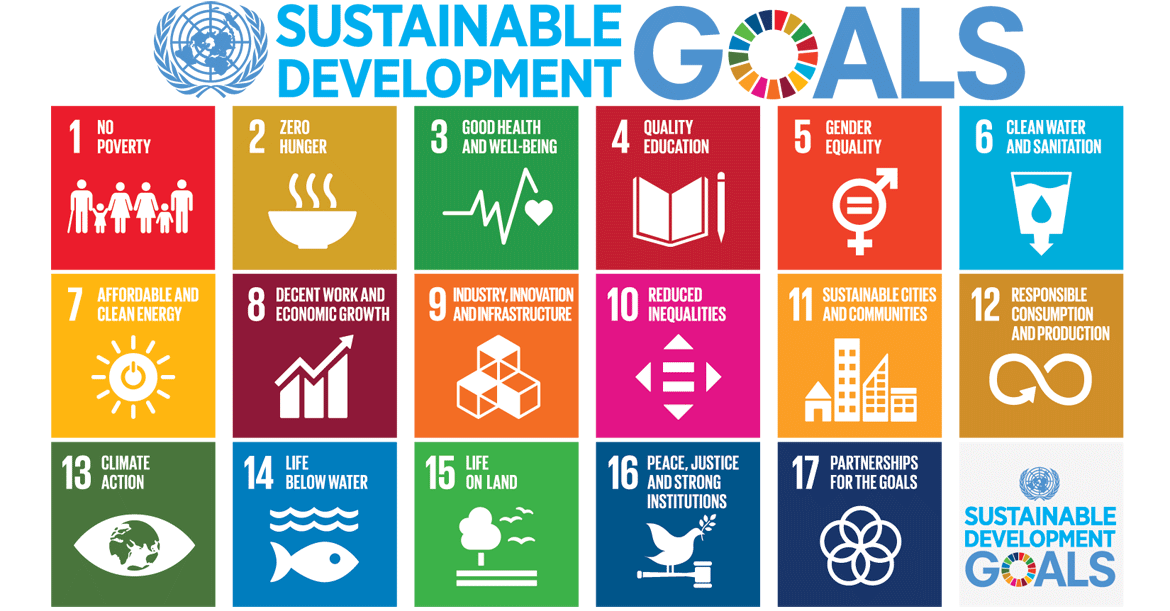BP’s net zero plans and KKR’s new impact fund. Stepping stones towards Global Goals?
I am taking a moment to examine the two huge Global Goals related news stories in the past 48 hours.
In case you missed them… BP unveiled very ambitious plans to reduce the oil company’s carbon footprint to net zero by 2050. And earlier on massive investment fund KKR, announced a $1.3bn (just over £1bn) war chest for companies whose focus is on delivering UN Global Goals.

At first glance both stories appear to be really good news, but dig a little deeper and some questions emerge.
Take the BT story. The company is making all the right noises. Its new chief executive Bernard Looney, admitted it was clear that BP needed to change and would focus on removing “all the carbon we get out of the ground as well as all the greenhouse gases we emit from our operations.”
“The world’s carbon budget is finite and running out fast; we need a rapid transition to net zero,” he added.
So far so good. Then comes the crunch.
Looney says the company is committed to removing more than 400m tonnes of carbon emissions a year from its oil and gas business.
Sounds like a lot! Well it is huge! In fact if BP is successful the plans would cut more greenhouse gas emissions every year than produced by the whole of the UK.
That is astonishing.
So given the scale of the challenge I would expect lots of details about how BP was going to achieve this seismic restructuring of its business.
Yet details about how the company will achieve its aims are sketchy. All Looney has said so far that the company will “invest in more in low-carbon businesses, and less in oil and gas over time.” The company will apparently still be delivering oil and gas in 2050, but less than it produces today and some of its carbon emissions will be offset by initiatives such as tree planting and carbon capture technologies.
Looney says that more details on the process will be distributed at an investor meeting scheduled for September.
So make a big announcement and say that the details are coming much later on makes me cross.
I applaud the ambition and would love to give BP the benefit of the doubt, but they are going to need to do more than plant a load of trees!
On the global Goalcast episodes https://globalgoalscast.org/climatechallengepart1 and https://globalgoalscast.org/climatechallengepart2-2 I spoke to John Sterman, MIT professor who has created the En-roads climate simulator – which shows exactly what ‘systems change’ means. Moving from fossil fuel production to renewables is an enormous part of it. And getting on with it now is becoming more urgent.
Remember that the top 3 risks that the World Economic Forum listed this year are all climate related.
- Extreme weather events with major damage to property, infrastructure and loss of human life.
- Failure of climate-change mitigation and adaptation by governments and businesses.
- Human-made environmental damage and disasters, including environmental crime, such as oil spills and radioactive contamination.
It isn’t just me who adds a note of caution.
Charlie Kronick, oil adviser from Greenpeace UK, argued though that BP’s plans “leave the urgent questions unanswered. What is the scale and schedule for the renewables investment they barely mention? And what are they going to do this decade, when the battle to protect our climate will be won or lost?”
The other story also appears at face value to be great news.
KKR, which runs a series of high-profile funds, has raised over $1.3bn (just over £1bn) which it says is earmarked for start-ups and enterprises who intend to make a contribution to aid the delivery of the United Nations Sustainable Development Goals (SDGS).
It says the money will be invested in companies that use technology to enhance safety, address mobility and sustainability, deliver waste management solutions, create sustainable products and services or address the environmental impact of existing industries.
Ok, so it is fantastic to see such a large amount of money raised to empower socially responsible companies who are focusing on the UN Global Goals. My one issue is that though it sounds huge, the money available is a drop in the ocean compared with funds raised for more traditionally focused businesses.
For example KKR recently raised $13.9bn for its Americas fund and $7bn for a fund to invest in infrastructure. Both of these funds could *also* have a social aspect. Sustainable and inclusive cities, green infrastructure, think of the possibilities.
We are on a journey – and it is absolutely better to do something than nothing. In both of these instances BP and KKR are making the right noises. And I look forward to seeing increased action from both of these leaders.